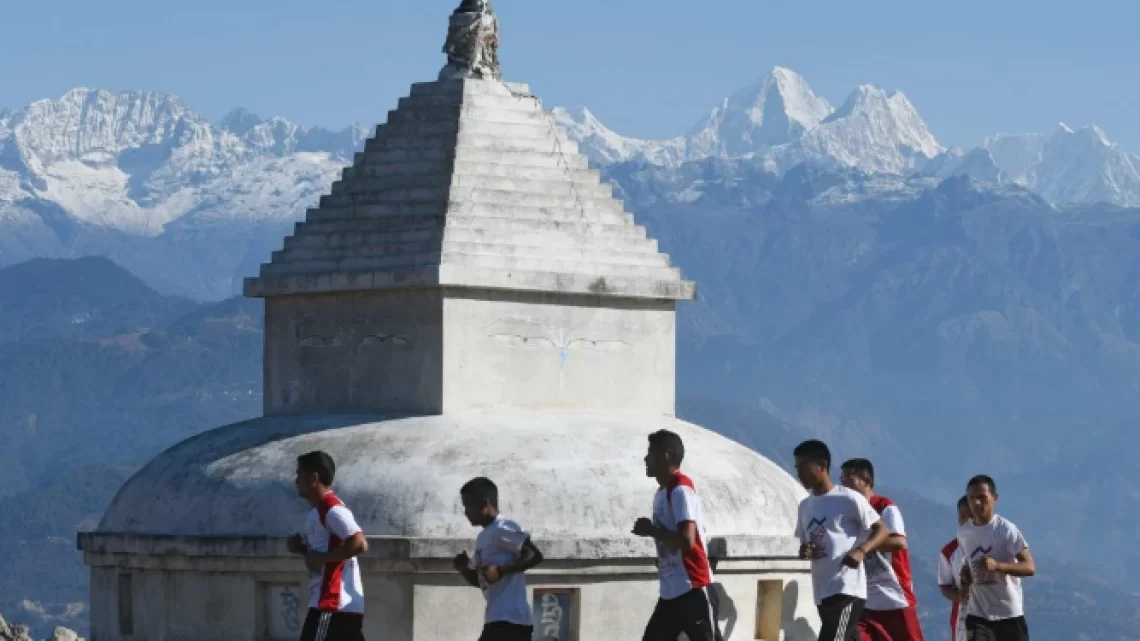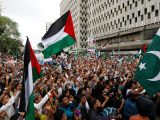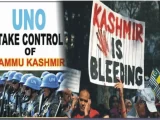
BJP ruled India conspiring to expand Hindutva ideology to secular Nepal
October 23, 2023Kathmandu: Swayed by Akhand Bharat myth, India’s Bharatiya Janata Party government is making all-out efforts to expand its Hindutva ideology to the neighboring Nepal, which is a secular country.
According to Kashmir Media Service, the rise of the Hindu nationalist party Nepal Janata Party should be seen in the light of growing influence of the the Rashtriya Swayamsevak Sangh or RSS, espoused to the Hindutva agenda and Akhand Bharat, in the Nepali politics.
The RSS enjoyed close ties with Nepal’s monarchists from the 1960s onward, so when the Hindu monarchy was abolished and the country became a secular state, both the RSS and BJP leadership grew concerned. Despite their reservations, however, there was little they could do to oppose the move, given their weaker position within Indian politics and society as well as the transformational momentum of Nepali politics at the time. Now, however, with the BJP dominant in India and disenchantment growing in Nepal, Indian Hindu nationalists are feeling more emboldened.
In the past few years, the BJP and RSS have actively pushed their Hindu-nationalist agenda in Nepal through public speeches as well as formal and informal lobbying.
A recently released report by the U.S. State Department mentions efforts by the BJP and affiliated right-wing religious groups to pressure and provide funding to Nepali political parties and leaders to rescind Nepal’s secular status. With its experience and skill in long-term institutional development, the RSS has also been actively establishing various Nepali offshoots and recruiting volunteers to advance its agenda.
In recent months, Nepal has experienced a series of episodes at the behest of RSS and BJP that hint at organized efforts to increase the salience of religion in the country’s officially secular politics.
In the months of August, September and October, sectarian communal tensions involving Hindu activists in three different cities—Dharan, Malangawa and Nepalgunj—led the government to impose a curfew.

